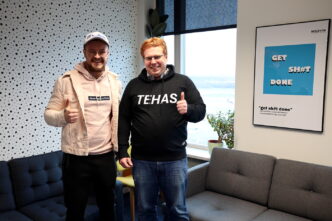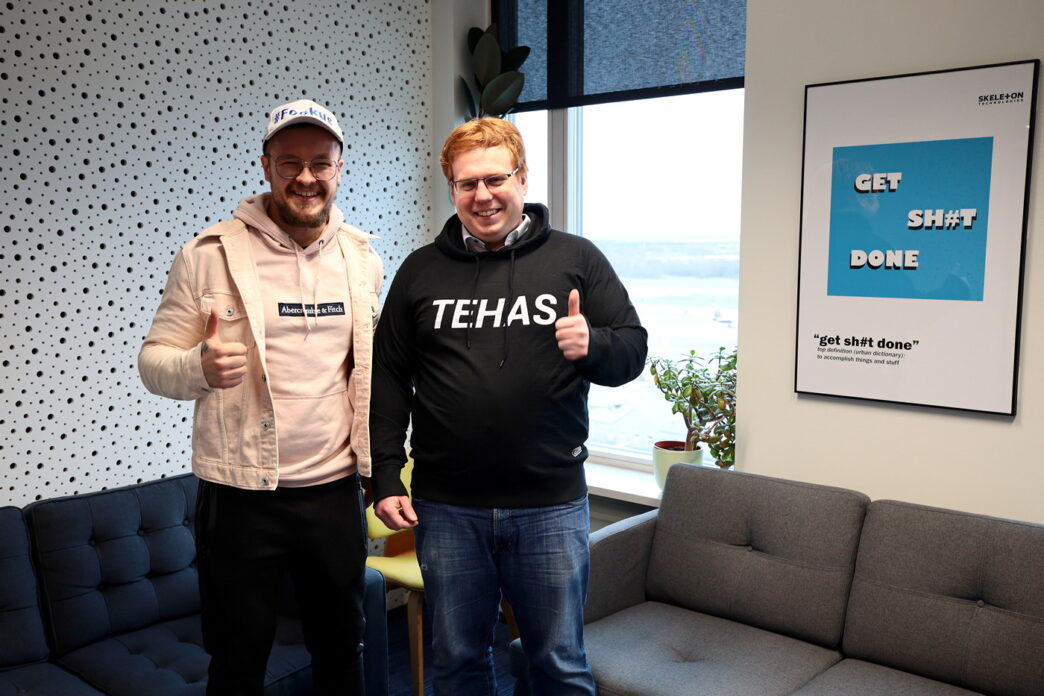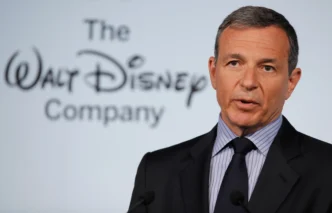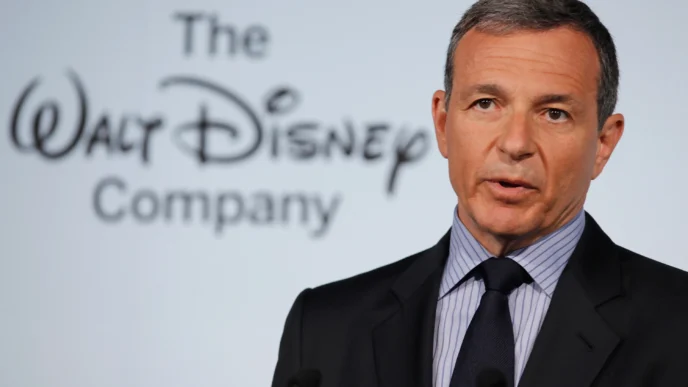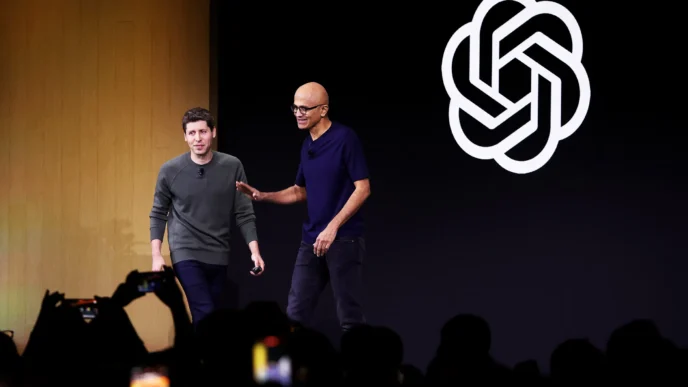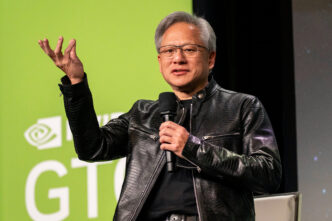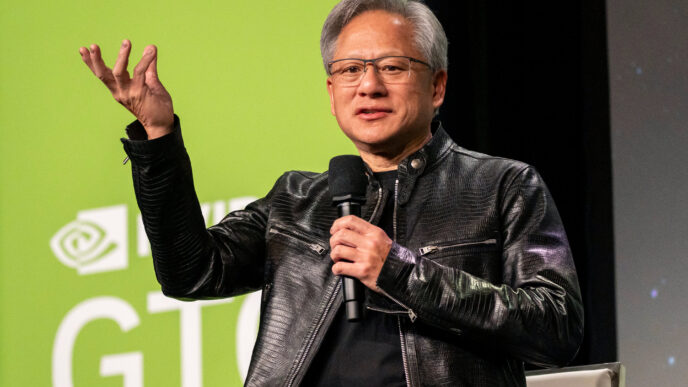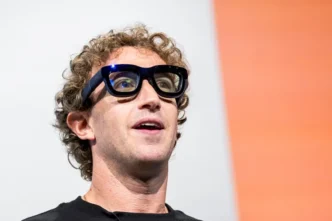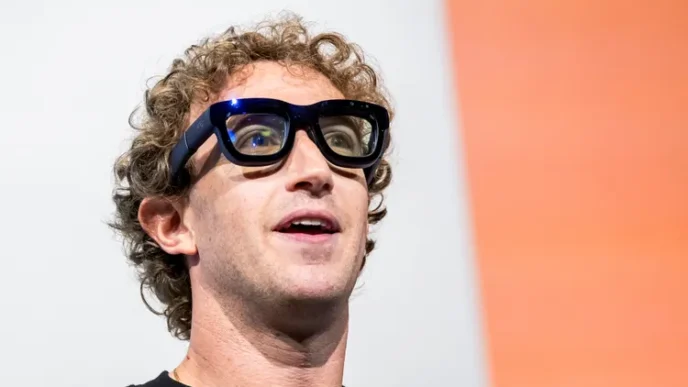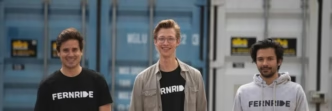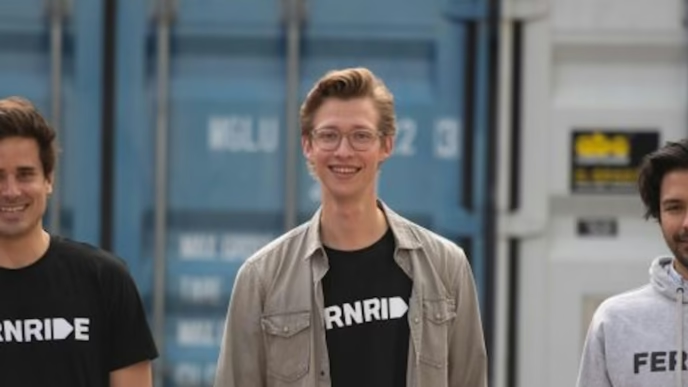Skeleton Technologies is stepping into Europe’s energy crisis at a crucial moment. The continent is struggling to keep its power systems stable as AI data centers spread fast. The gap between continents is huge. American tech giants will invest more than three hundred billion dollars into AI infrastructure next year, while Europe barely reaches ten billion. The pressure on the grid keeps rising.
The company has now opened its two hundred and twenty million euro SuperFactory in Markranstädt near Leipzig. It is designed to be the world’s largest supercapacitor facility. Skeleton Technologies plans to ship products to Siemens, GE, Hitachi, and major American cloud operators that need stronger backup for their AI hardware.
The story began back in 2009 when Taavi Madiberk founded the company in Tallinn. He saw that Europe lacked fast and tough energy storage that could react instantly. Clean power was growing, but the grid was not built for sudden ups and downs. Madiberk wanted to close that gap and prevent the lights from ever going out.
The team has grown to more than three hundred people. Their mission stays the same. They want to keep grids stable. They want to support AI hubs. They want to protect vehicles and military systems from power failure. They want storage that never hesitates.
The core technology is Skeleton’s own Curved Graphene. It recharges almost instantly and resists heavy use. It also handles power spikes without stress. Those traits matter as AI facilities demand huge bursts of energy. Skeleton says its GrapheneGPU can cut energy use in data centers by forty four percent. It also helps smooth demand swings and boosts NVIDIA and AMD performance by around forty percent.
Traditional batteries cannot keep up with that rhythm. Tesla and Northvolt build strong lithium-ion systems, but they start slow and wear down faster under shock loads. They are not made for emergency surges. That is where Skeleton Technologies sets itself apart. Its supercapacitors release power instantly and last far longer.
Competitors like Maxwell and Eaton try to play in the same space. Yet they fall short on integration and overall performance. Skeleton holds more than seventy patents, which gives it a clear edge in the race for fast-response storage.
The new Leipzig factory is a major step forward. It will produce up to twelve million cells every year once fully active. That scale will create more than four hundred jobs in Saxony. It uses Siemens-backed smart manufacturing tools to improve efficiency and reduce waste.
The company is also expanding in Finland with its new site in Varkaus. That plant gives it more reach across the Nordics and helps it serve customers faster.
The road ahead includes vehicles, heavy industry, and defense systems. All of these markets need storage that survives tough environments. Skeleton Technologies wants to supply that backbone.
Investors see the opportunity. Siemens, Marubeni, CBMM, and others have put more than three hundred million euros into the company. They expect the demand for instant-response storage to grow as AI and renewables collide.
Europe is now facing a decisive moment. Power systems are under stress. AI demand increases every month. Renewable energy adds more movement to the grid. Skeleton Technologies believes it can turn that challenge into an advantage. It wants to give Europe the stability it needs to stay competitive in a world shaped by AI.
